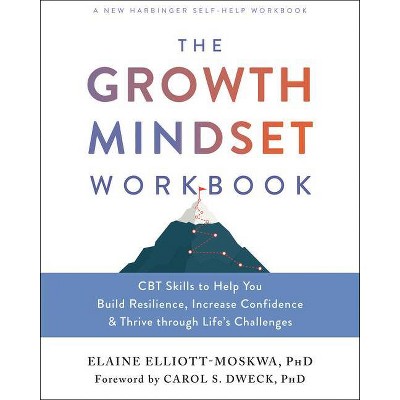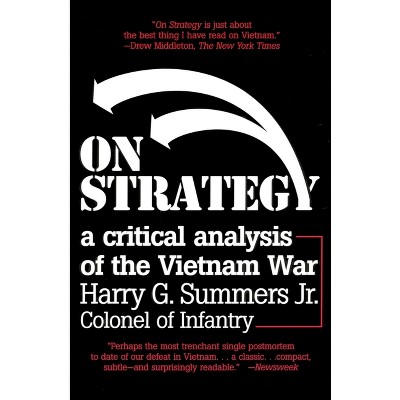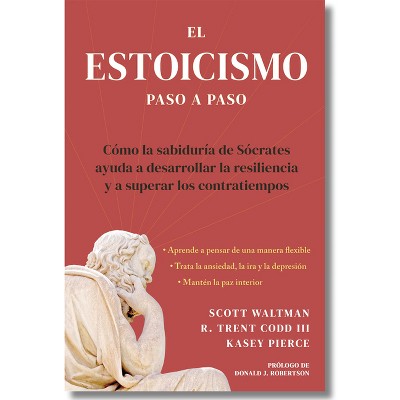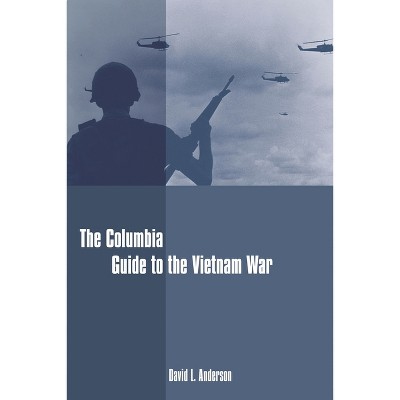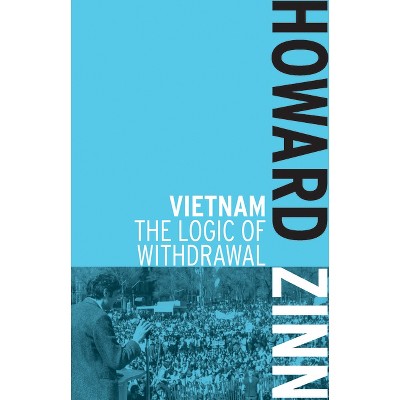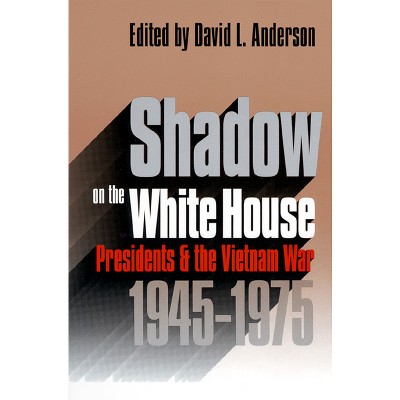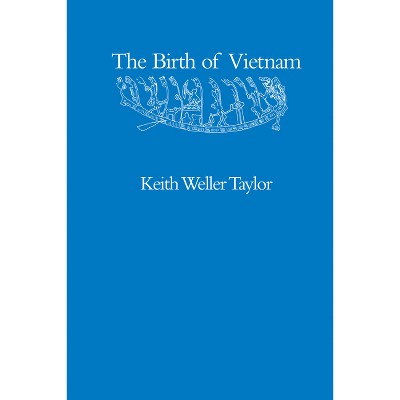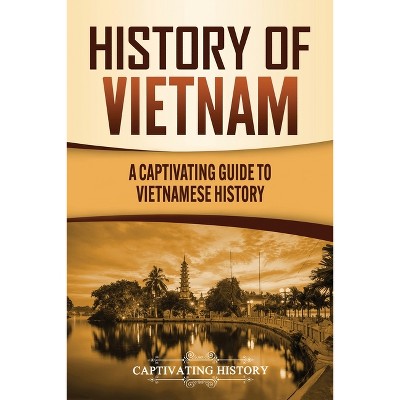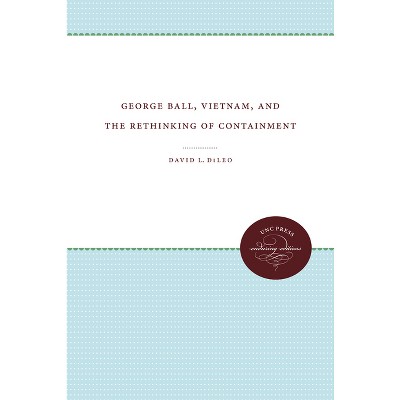The Columbia History of the Vietnam War - by David Anderson (Paperback)

About this item
Highlights
- Rooted in recent scholarship, The Columbia History of the Vietnam War offers profound new perspectives on the political, historical, military, and social issues that defined the war and its effect on the United States and Vietnam.
- About the Author: David L. Anderson is professor of history emeritus at California State University, Monterey Bay, and past president of the Society for Historians of American Foreign Relations.
- 488 Pages
- History, Asia
Description
About the Book
The Columbia History of the Vietnam War offers new perspectives on the political, historical, military, and social issues that defined the war and its effect on the U.S. and Vietnam. This collection with contributions by leading scholars is essential to understanding America's entanglement in the Vietnam War and the history of modern Vietnam.Book Synopsis
Rooted in recent scholarship, The Columbia History of the Vietnam War offers profound new perspectives on the political, historical, military, and social issues that defined the war and its effect on the United States and Vietnam. Laying the chronological and critical foundations for the volume, David L. Anderson opens with an essay on the Vietnam War's major moments and enduring relevance. Mark Philip Bradley follows with a reexamination of Vietnamese revolutionary nationalism and the Vietminh-led war against French colonialism. Richard H. Immerman revisits Eisenhower's and Kennedy's efforts at nation building in South Vietnam, and Gary R. Hess reviews America's military commitment under Kennedy and Johnson. Lloyd C. Gardner investigates the motivations behind Johnson's escalation of force, and Robert J. McMahon focuses on the pivotal period before and after the Tet Offensive. Jeffrey P. Kimball then makes sense of Nixon's paradoxical decision to end U.S. intervention while pursuing a destructive air war.
John Prados and Eric Bergerud devote essays to America's military strategy, while Helen E. Anderson and Robert K. Brigham explore the war's impact on Vietnamese women and urban culture. Melvin Small recounts the domestic tensions created by America's involvement in Vietnam, and Kenton Clymer traces the spread of the war to Laos and Cambodia. Concluding essays by Robert D. Schulzinger and George C. Herring account for the legacy of the war within Vietnamese and American contexts and diagnose the symptoms of the "Vietnam syndrome" evident in later debates about U.S. foreign policy. America's experience in Vietnam continues to figure prominently in discussions about strategy and defense, not to mention within discourse on the identity of the United States as a nation. Anderson's expert collection is therefore essential to understanding America's entanglement in the Vietnam War and the conflict's influence on the nation's future interests abroad.Review Quotes
[A] brilliantly edited anthology featuring a wide variety of essays by the finest experts in the field.... Essential.-- "Choice"
A timely book with contemporary relevance, published at a time when America's experience in Vietnam continues to figure prominently in discussions about strategy and defense.... Highly recommended.--James H. Willbanks "Parameters"
An accessible and coherent account of the war's course, from before the United States' involvement to the North's eventual victory.--Lawrence D. Freedman "Foreign Affairs"
Essential reading. Masterfully written by the most prominent authorities on the Vietnam War.--Shelton Woods "Journal of World History"
About the Author
David L. Anderson is professor of history emeritus at California State University, Monterey Bay, and past president of the Society for Historians of American Foreign Relations. His books include Trapped by Success: The Eisenhower Administration and Vietnam and The Columbia Guide to the Vietnam War.


